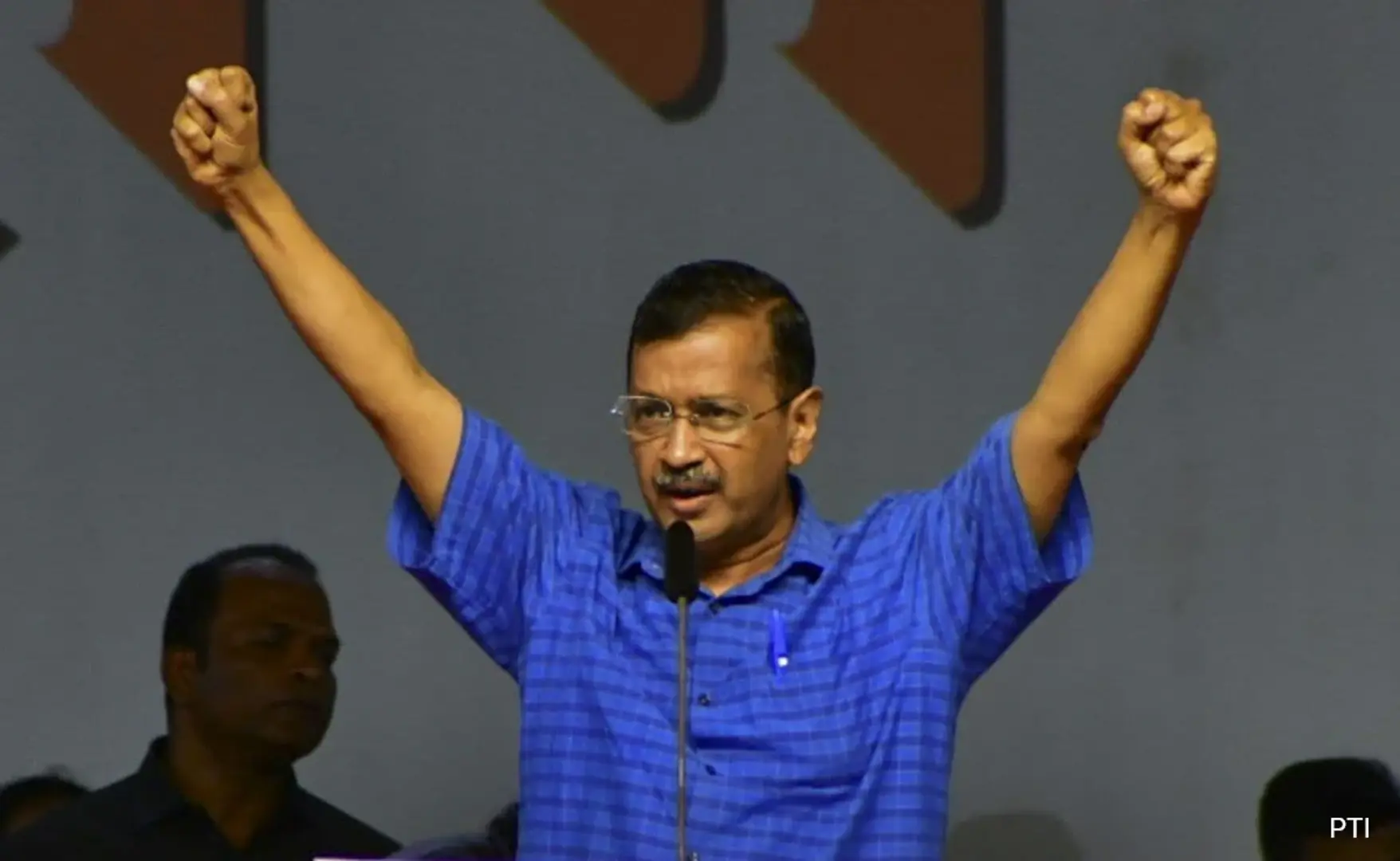New Delhi, India — India is setting its sights on leading the next industrial revolution with the introduction of its ambitious biomanufacturing policy, known as the BioE3 policy. The policy, approved by the Union Cabinet, is designed to address pressing global challenges related to food security, energy needs, and climate change through innovative biotechnological processes.
A Vision for the Future
The BioE3 policy aims to foster high-performance biomanufacturing across various sectors, including medicine, agriculture, and materials science. By integrating advanced biotechnological processes, the policy seeks to promote the development of bio-based products such as biodegradable polymers, bioplastics, biopharmaceuticals, and bio-agricultural inputs.
During a recent media briefing, Rajesh Gokhale, Secretary of the Department of Biotechnology (DBT), highlighted India’s intent to take a leading role in the global industrial landscape. “India aims to lead the next industrial revolution. Unlike the semiconductor industry, which arrived in India 15-20 years later, we must seize this opportunity now. Biomanufacturing will help existing industries meet growing demands for food and fuel while also creating new job opportunities,” Gokhale stated.
The BioE3 Policy and Its Significance
The BioE3 policy aligns with India’s long-term goal of becoming a developed nation by 2047. As Gokhale explained, the world has already experienced several industrial revolutions driven by steam power, electricity, oil, and information technology. The next revolution, however, will be powered by the industrialization of biological sources and processes, with India at the forefront.
Biomanufacturing offers promising solutions to some of the most significant challenges of our time, including climate change, resource depletion, waste generation, and pollution. Innovations like biotextiles and bioplastics are expected to play a crucial role in this transformation. Enzymes and microbial strains are essential components of these processes, with companies like Novazyme leading the global production of enzymes.
Addressing Key Challenges
One of the critical objectives of the BioE3 policy is to reduce India’s dependence on imported crude oil. Currently, the country imports about three-fourths of its crude oil, but the goal is to replace a portion of this oil with products derived from biomass, plastic waste, and carbon dioxide over the next two decades. Achieving this will require the development of advanced technologies and the scaling up of production processes.
Gokhale also pointed out the challenges facing India’s dairy industry. Despite being the world’s largest producer of milk, the per capita availability is only 459 grams per day. With the population growing, increasing the number of cattle is not a sustainable solution due to land and water constraints, rising feed costs, greenhouse gas emissions, and antibiotic resistance. Biomanufacturing could offer a viable alternative by producing non-dairy milk substitutes, ensuring resource sustainability.
Innovative Projects in India
India is already making strides in biomanufacturing research and development. For example, an Indian steel company is working on integrating algal farms with its facilities to capture carbon dioxide directly from exhaust gases, a project that underscores the potential of biomanufacturing to address environmental challenges.























